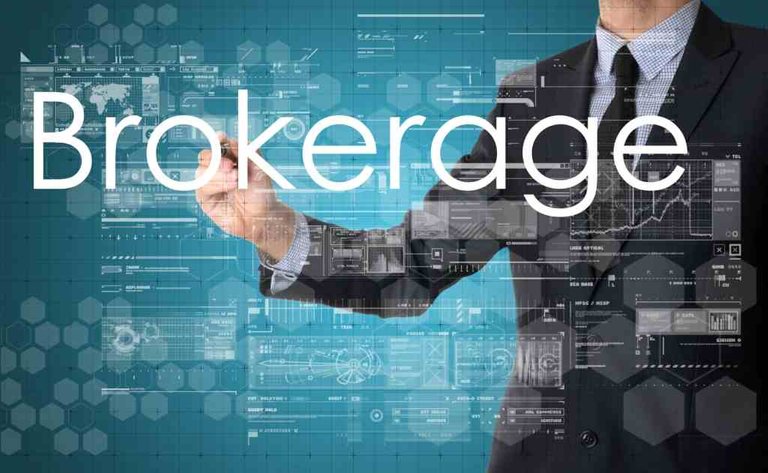
(pic. credit- A Digital Blogger)
Humans have been shopping for and selling belongings in geared up exchanges due to the fact that 1602 when the Dutch East India Company created the world’s first stock exchange. Since then, technology has empowered more environment friendly transactions, greater transparency of information, and the inclusion of a large percentage of the global population.
Contrary to famous trust though, these developments had been now not led by means of technology, but rather they had been created through modifications in society, culture, and user behaviors. Certain applied sciences have been purely the device of choice. A ability to an end.
The historic context is vital due to the fact some other shift in society, way of life and person behavior is occurring. The adjustments are led by a era of digital natives — young people who have grown up with supercomputers in their pockets.
The digital native expects unique products and user experiences than generations before. If a webpage appears outdated? Dealbreaker. If the product takes too lengthy to load? Dealbreaker. If they can’t share and connect with their friends? Dealbreaker. If they experience your product is only for historical people? Dealbreaker.
Digital natives are dictating technology’s winners and losers.
We have viewed this in social media, gaming, transportation, fashion, purchaser goods, and news. While every of these industries has been disrupted in a meaningful way, we are at the forefront of the greatest disruption of them all:
Digital wallets are becoming the current brokerage accounts.
This shift isn’t driven by technology, but rather with the aid of digital natives worrying a product that addresses their wishes and desires. They don’t recognize old-fashioned finance standards like paper checks, non-instantaneous transfers of money, inventory exchange’s hours of operations, geographically restricted user bases, or lack of full manage over the belongings they own.
Simply, the digital pockets is gaining consumer adoption because it serves digital natives in a way that no other product has previously. These customers are currently capable to save currencies and commodities (cryptocurrencies and utility tokens) in their digital wallets. In the future, as more assets grow to be digitized, the digital wallets will also maintain stocks, bonds, and different traditional assets.
Why can’t you keep your publicly traded stock, cash, personal actual estate interests, and gold all in the identical account today?
The current economic machine is fragmented. There is no interoperability of shape or structure between asset classes. Each asset requires a distinctive technological know-how stack. A one-of-a-kind person experience. A distinctive product.
Digital wallets clear up this problem. They create a single, central location the place a person can hold each stock, bond, foreign money and commodity they own. The digital wallet is the foundation for a global, interoperable economic device inclusive of each and every asset class.
Asset owners will have no choice. They will be forced to digitize their belongings or threat being left behind.
Remember, digital natives dictate the winners and losers now.
Nice post hi friend iam @ideamoney upvote to vote in comments.....